Training Faculty
-

Linda Smith
Distinguished Professor (P,C)Smith studies is an internationally recognized leader in cognitive science and cognitive development. Taking a complex systems perspective, she seeks to understand the interdependencies among perceptual, motor and cognitive developments during the first three years of post-natal life. Using wearable sensors, including head-mounted cameras, she studies how the young learner’s own behavior creates the statistical structure of the learning environments with a current focus on developmentally changing visual statistics at the scale of everyday life and their role in motor, perceptual, and language development. The work includes collaborations with fellow training faculty in vision science and machine learning.
Contributions to the training program: Smith is the current Program Director of the training grant and has successfully mentored 25 graduate students and post-doctoral trainees who now make significant contributions on their own to science.
-

Daniel Kennedy
Professor (P,N,C)Kennedy studies the complex interplay between neural, cognitive, behavioral, and social factors that underlie atypical development in autism spectrum disorder (ASD). His research integrates across multiple functional domains, levels of analysis (from biological to social systems), and timescales (from seconds to years), and he examines typical and atypical developmental process across the lifespan (from toddlerhood through adulthood). His methodological expertise includes eye tracking — including both screen-based and head-mounted/mobile — and functional neuroimaging, and he serves as the Director of the IU NeuroImaging Research Facility that houses a research-dedicated 3T Siemens Prisma MRI scanner. His work takes an individual differences perspective, using rigorous methodological approaches that include deep phenotyping and dense sampling of individual participants coupled with machine learning methods that can capture meaningful individual variability and heterogeneity.
Contributions to the training program: Kennedy serves as co-Director, and adds to the developmental cognitive neuroscience team of James and Sporns, and brings advanced skills in neuroimaging and eye tracking data acquisition and large-scale data analysis. In addition, as an expert on the neural basis of autism, he brings both resources and knowledge in this area to the trainees. Kennedy is currently a standing member of an NIH study section (CPDD - Child Psychopathology and Developmental Disorders).
-
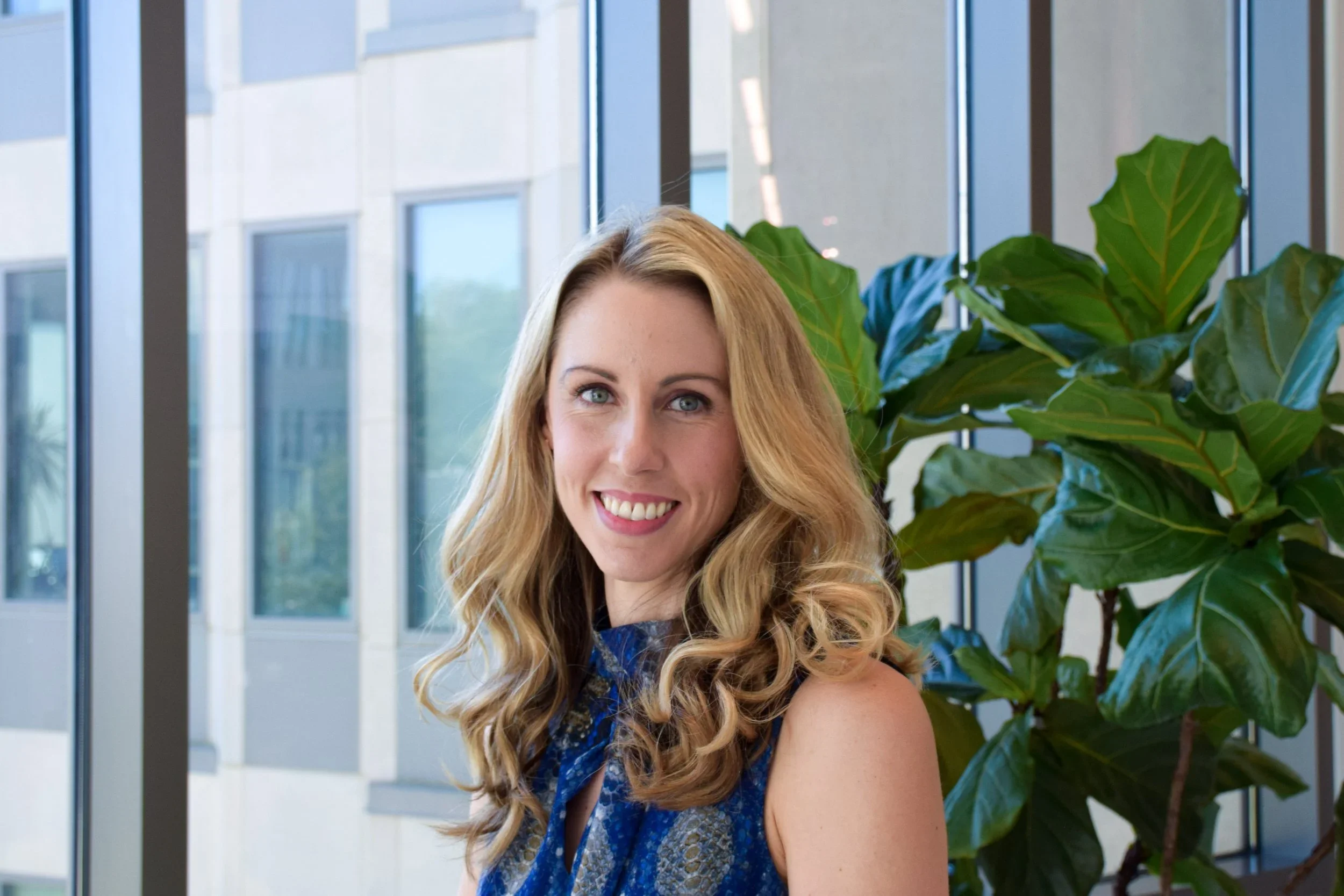
Samantha Wood
Assistant Professor (N,C)Wood studies the algorithmic and computational principles underlying the development of perception and cognition. Her work bridges developmental science and artificial intelligence by combining controlled-rearing studies of newborn chicks with embodied computational modeling. Using virtual reality, machine learning, and computational neuroscience approaches, she investigates how experience and intrinsic curiosity shape the emergence of intelligent behavior in biological and artificial systems.
Contributions to the training program: Wood brings expertise in AI, virtual environments, and computational modeling to the study of early learning and development. She provides trainees with theoretical and technical tools for building embodied models of development and for integrating behavioral, neural, and computational levels of analysis.
-
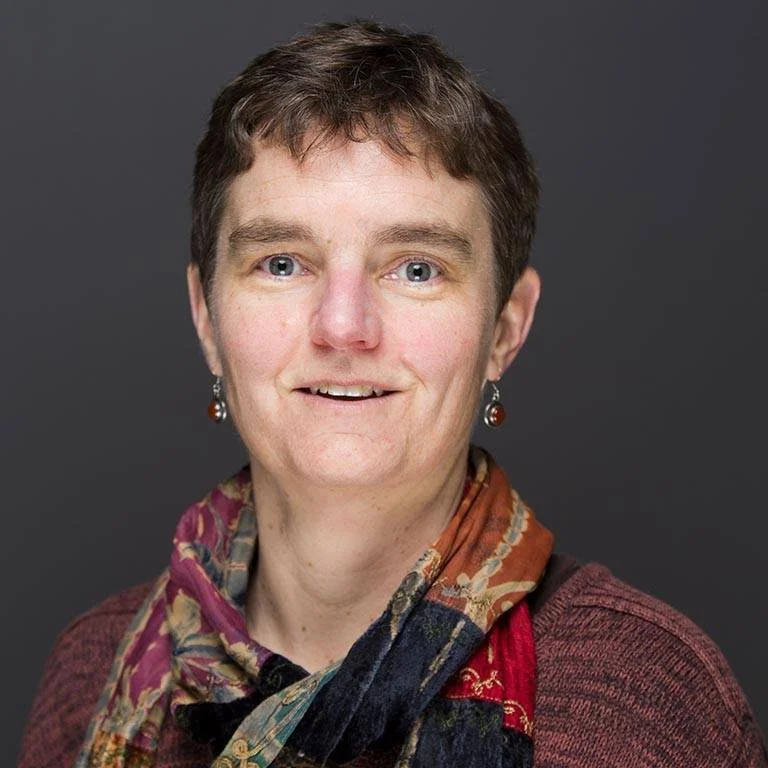
Rowan Candy
Professor (P,N,C)Candy studies the effects of immaturities and abnormalities of the visual system and how looking behavior in very young infants selects the input for the development of binocularity, accommodation, and the tuning of V1. Her work is relevant to understanding how multiple processes including the infants’ own behavior come together in normal development and how disruptions in those processes – or their timing – may alter the course of development and long-term outcomes.
Contributions to the training program: Candy provides trainees with expertise in studying very young infants, typically between birth and six months of age, and in the use of optical imaging methods as well as eye tracking, EEG, and behavioral techniques. She is a superb mentor and has played a critical role on many trainee committees, providing expertise in measuring early visual development and in thinking about developmental process more generally.
-
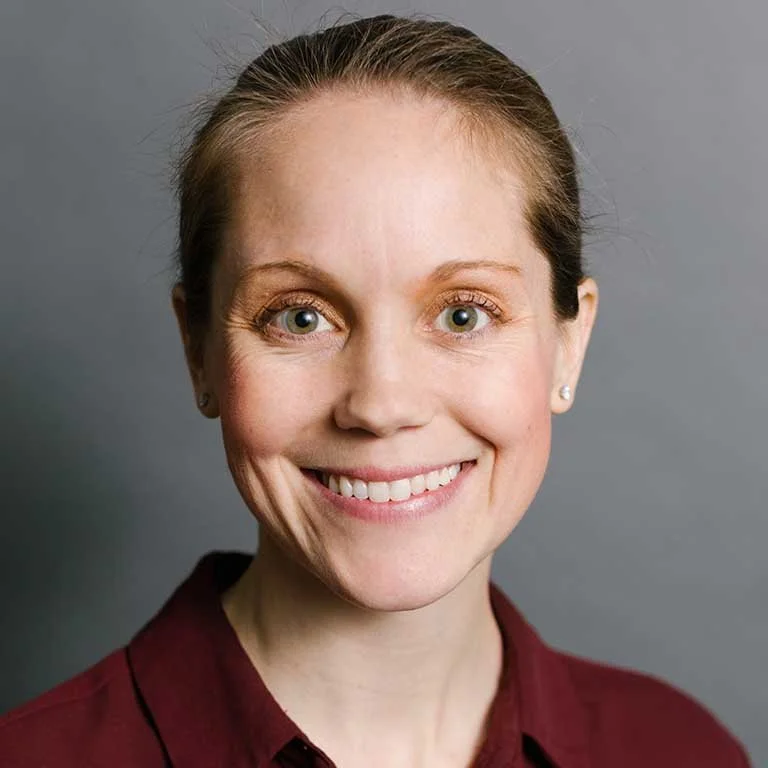
Emily Fyfe,
Associate Professor (P,C)Fyfe’s focus is cognitive development, especially with respect to children’s responses to adverse learning experiences. Her innovative approaches have already garnered national recognition and awards, including the APS Janet Taylor Spence Award for Transformative Early Career Contributions and a McDonnell Foundation Scholar Award.
Contributions to the training program: Fyfe is an excellent mentor. She contributes expertise in quantifying children’s cognitive and emotional reactions to failure and the role that anxiety plays in shaping those reactions. She is also an expert in pedagogy who has won numerous teaching awards, and she serves as Director of Pedagogy for PBS. She teaches a course on the teaching of psychology that is taken by many trainees. Given her extensive editorial and grant panel participation, she also contributes to mentoring trainees in these professional skills.
-
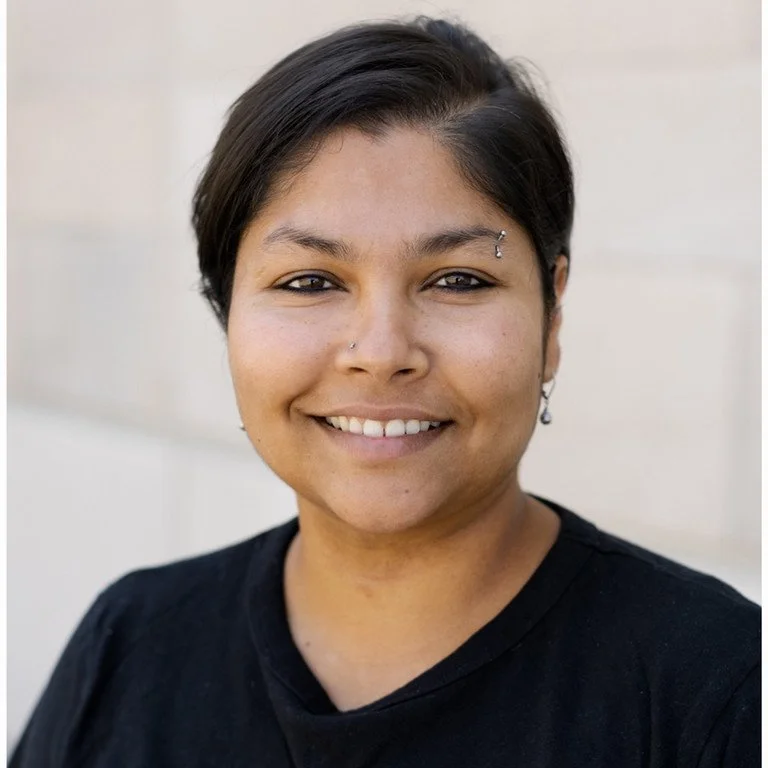
Ishanti Gangopadhyay
Associate Professor (P,C)Gangopadhyay studies language and cognitive development in children from culturally and linguistically diverse backgrounds with an emphasis on typical and atypical language development, including Developmental Language Delay, in the context of bi-lingual language development. Taking a multi-method approach that uses controlled experiments, production measures, and eye tracking, she seeks to determine how the child’s own learning strengths and weaknesses interact with different language experiences.
Contributions to the training program: As a licensed Speech Language Pathologist, Gangopadhyay brings expert knowledge about Late Talking children and the complexity of predicting outcomes for those individual children. She also brings expertise in studying children learning more than one language, both in the US and abroad, and deep knowledge of the many screening measures for language, cognitive, and social delays useful to the collective research goals of the training program as well as clinical translational uses.
-

Elizabeth Gunderson
Professor (P,C)Gunderson investigates children's cognitive skills in the numerical and spatial domains. A unique feature of her research program is parent and child interactions not only influence the child’s cognitive development, but also their motivation.
Contribution to the training program: Gunderson uses longitudinal, experimental, and observational methods to understand the sources of individual differences in children's developmental trajectories and to determine a mechanistic understanding of the malleable factors that can be leveraged. She brings expertise is leading big team research efforts, in writing grants, and is Editor in Chief (2022) of Developmental Psychology.
-
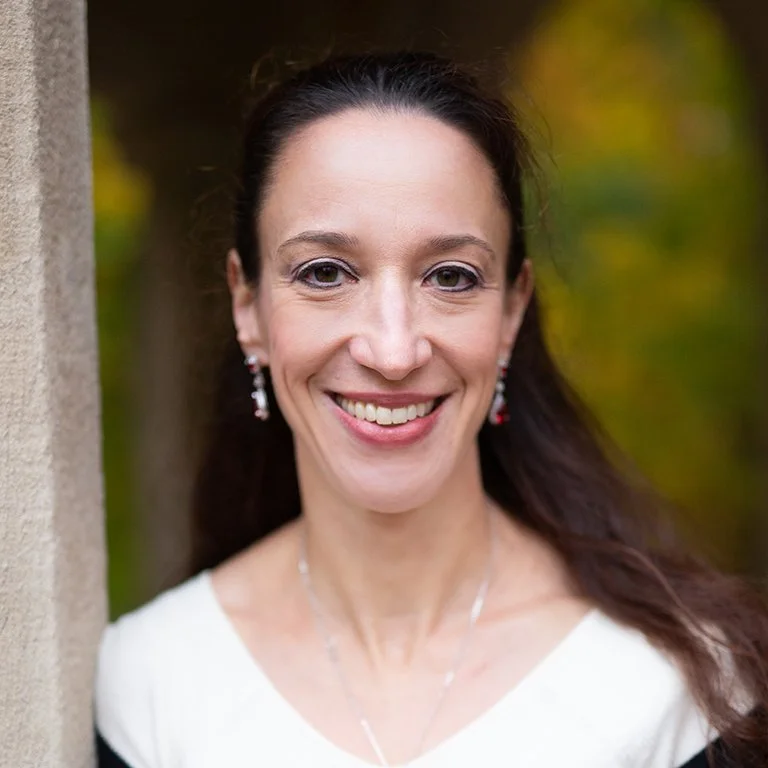
Anne Krendl
Professor (P,N,C)Krendl’s research uses behavioral, cognitive, and neuroimaging (fMRI) to identify the mechanisms by which social cognition changes over the lifespan in healthy and pathological aging. Emerging research indicates that childhood adversity – notably, lower socioeconomic status and trauma – increases the risk for Alzheimer’s Disease and Related Dementias (ADRD) in older adulthood.
Contributions to the training program: Conducting research that connects early childhood adversity to later ADRD risk requires having expertise in early childhood as well as older age. Krendl provides trainees with a lifespan perspective with respect to aging and ADRD risk. She also brings advanced techniques in data analysis, including in graph theoretic approaches. Her ongoing collaborations with sociologists, network neuroscientists, and the Indiana Alzheimer’s Disease Research Center provides resources and collaborative opportunities for trainees interested in early and adolescent development in relation to aging.
-
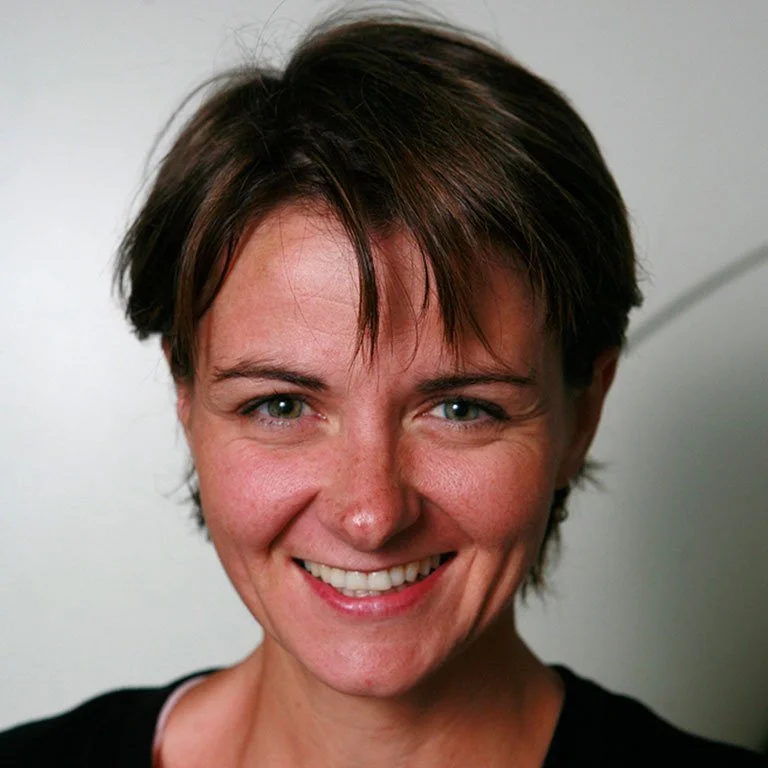
Karin James
Professor (P,N,C)James’ research focuses on interactions among action and vision in the development of both dorsal and ventral stream processes. She has been a leader in developing methods in functional brain imaging in very young children as they learn new skills, using pre- and post- learning measures of changes in functional connectivity in the emerging field of educational neuroscience. James’ innovative behavioral and imaging measures with preschool children – directed to the question of how behavior (learning to write numbers or letters) leads to persistent changes in patterns of functional connectivity – exemplify the core of our integrative goals.
Contributions to the training program: James provides advanced training in theory and methods in understanding the developing brain and active learning. She is a superb mentor, collaborator, and team player. She is also the Director of Graduate Training for PBS, highly respected for her integrity and support of students.
-

Alexandra Moussa-Tooks
Assistant Professor (P,N)Moussa-Tooks' research uses a translational approach to develop mechanistic models of sensorimotor function in the development of psychotic disorders that can be leveraged for prevention and treatment approaches. Her work includes studies of the cerebellum in sensorimotor aberrations in psychosis using animal models, behavioral paradigms including sensorimotor learning tasks, human neuroimaging, and neurostimulation with an interest in psychosis onset and the contributions of the cerebellum to high-order cognitive processes.
Contributions to the training program: Moussa-Tooks brings to the program advanced computational techniques used to disentangle distinct subprocesses and circuits, a translational perspective, and deep insights into the role of the cerebellum in cognitive components of sensorimotor function. Moussa-Tooks also uses using large open access datasets, such as the Adolescent Brain and Cognitive Development (ABCD) dataset, to characterize early insults contributing to abnormal cerebellar development and risk for motor and psychosis phenotypes that can inform early preventative or intervention strategies. She adds strength to our goal of determining cascades and potential for intervention from early to later developmental outcomes.
-
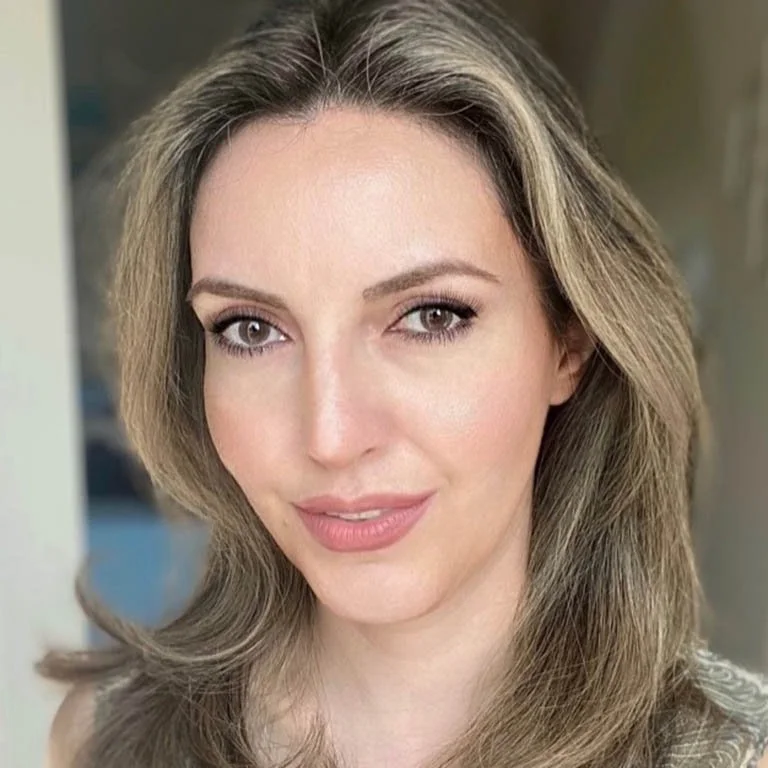
N. Bonnie Nozari
Professor (P,N,C)Nozari studies the computational and neural architecture of the language production system and its development. Her developmental focus is on how children’s productions, and the feedback from those of productions, elicit and influence language development. Her research exemplifies the holistic approach – the interplay of perception and production at multiple levels of analysis, from sensory to conceptual – that is essential to the creation of a personalized developmental science.
Contributions to the training program: Nozari is an excellent and experienced mentor with a training record of over 20 mentored postdoctoral fellows, and graduate and post-baccalaureate students. Her methods combine behavioral testing, computational modeling, EEG and fMRI testing, and eye tracking, to examine the individual components of the language system, and to determine how they interact with one another and with other cognitive systems.
-

David Crandall
Luddy Professor of Computer Science (P,C)Crandall is an award-winning computer scientist working in computer vision, visual learning, and determining the statistics of infant and adult egocentric experience as well as of autonomous agents more generally. Using computer vision algorithms to analyze infant and children’s self-generated visual experiences has contributed to state-of-the art advances on human visual development and learning.
Contributions to the training program: Crandall teaches graduate-level courses in Artificial Intelligence, Machine Learning, and Computer Vision which receive high praise from the trainees who have taken them. He mentors trainees in using machine learning to analyze eye tracking, egocentric (head-camera) images, and motions sensors. As the director of the AI institute at IU, Crandall inspires trainees to go beyond their current skill sets and to do science at the boundaries of current knowledge.
-

Olaf Sporns
Distinguished Professor, Provost Professor (P,N,C)Sporns’ analyses of computational properties of large interconnected systems were the theoretical foundation [145] of the research agenda that became the Human Connectome Project. Sporns is an active leader in the national and international teams now making rapid advances in understanding structural connectivity in the human brain; he is also a leader in the next frontier – understanding of the interplay between structural and functional connectivity as it relates to age-related change in brain networks.
Contributions to the training program: Sporns is a superb mentor with an outstanding training record. He also influences every part of the training program – through his sought-after graduate courses in computational neuroscience, through his participation on many of the individualized training committees and through his larger vision of development as a complex system of brain, experience, and behavior. He is also an expert in open science practices and contributes to professional training and preparing trainees to setup their own laboratories according to best practices for scientific integrity.
-

Brian D'Onofrio, Professor (P,N)
D’Onofrio’s research, rooted in the field of developmental psychopathology, pursues the causes of child and adolescent psychopathology. His innovation and rigor in epidemiological and behavioral genetics have won him multiple national awards, including an APA award for Early Career Contributions, and have influenced national policy discussions.
Contributions to the training program: D’Onofrio is an innovator in genetically informed designs including the Children of Twins (CoT) Design and quasi-experimental designs aimed at inter-generational transmission of pathologies through processes other than genes. He is a superb mentor – with a record of excellent placement. Many of his trainees have been awarded F31s and F32s submitted while they were in the program. Finally, through his genetically informed research and use of longitudinal studies, he is well connected to researchers around the world and provides trainees access to and expertise in difficult-to-use health data sets.
-

Justin Wood
Associate Professor (P,C)Wood studies development in human infants, animals, and in artificial agents, with an emphasis on how behavior creates and selects both visual and social experiences. Using parallel experiments with humans, animals, and artificial intelligence systems as participants, his lab builds working computational models that learn like newborn brains.
Contributions to the training program: Wood contributes rich theoretical knowledge about mechanisms of change in biological development and at the algorithmic level that provides trainees the tools to discover general principles as well as the sources of individual variation in development. Wood is an excellent and exciting mentor and active on many trainees’ committees.
-
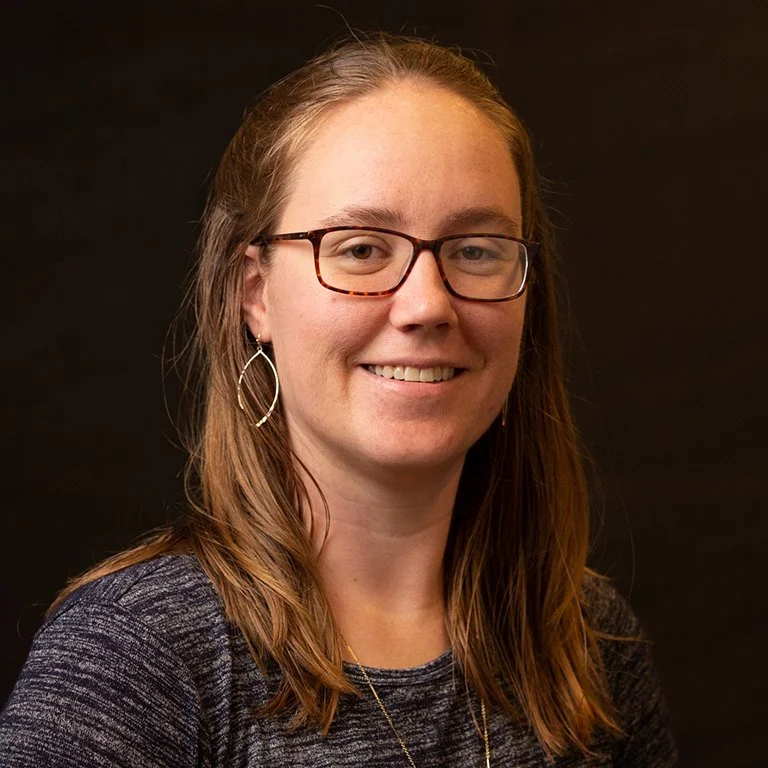
Kathryn Bonnen
Assistant Professor
(P, N, C)Bonnen studies visual perception, sensorimotor systems and the neural computations that underlie these systems and their interactions with a focus on daily life activities (hiking, walking in the city, infant head control in selecting what to look at). She uses behavioral measurements (psychophysics, head mounted eye tracking, body motion capture, wearables, motion sensors) and computational modeling (of behavior, neural processing, and the world).
Contributions to the training program: Bonnen is a rising star in the field of active vision and brings theoretical, mathematical, computational, and methodological sophistication in vision science and sensory motor systems to the training program. She has a strong commitment to training and is on the advisory committee of Neuromatch. She is popular member of student advisory committees.
-

Natasha Chaku
Assistant Professor (P,N,C)Chaku’s research is focused on characterizing the biological, cognitive, and social changes that occur in adolescence. She is author of a profoundly important paper that argues – using the adolescent transition as the central case – for a personalized developmental science. She focuses on how the timing and experience of puberty can affect cognitive, social, and emotional development.
Contributions to the training program: Chaku brings expertise in developmental psychology, neuroendocrinology, and quantitative methods to understand individual developmental pathways. She uses personalized methods including moment-to-moment, day-to-day, and year-to-year digital inquiries of daily life, intensive longitudinal assessments, physiological data collection, and behavioral assessments (e.g., neurocognitive testing). She is also expert at formulating and answering questions in large public data sets and in graph-theoretic approaches to analysis.
-
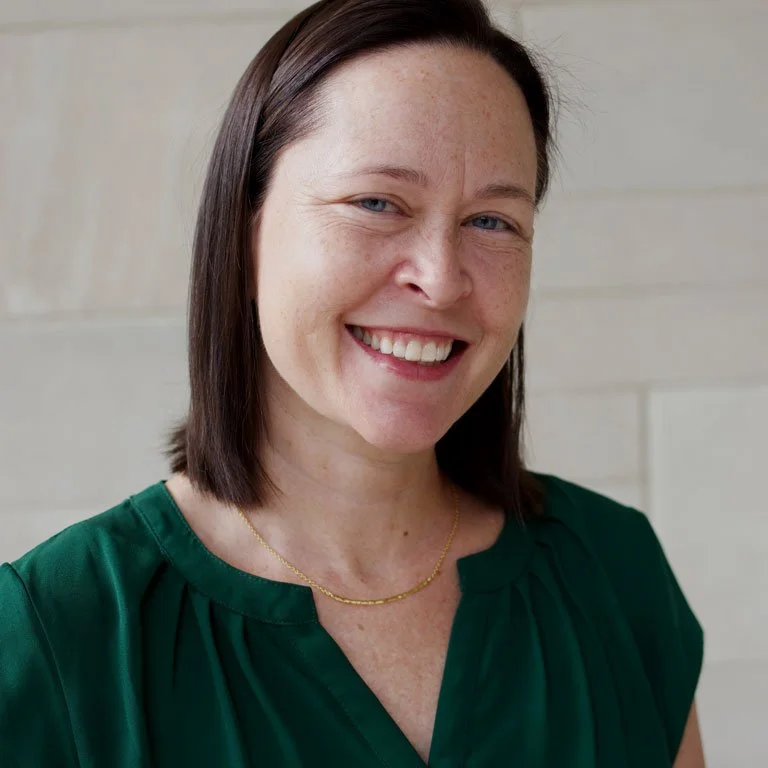
Amanda Diekman
Provost Professor, (P)Diekman leads the highly active Social Roles Laboratory. Her longstanding research focus is gender roles, and how gender roles they both remain stable and changed over time. She is particularly interested in disparities in STEM, system change, and organizational trust.
Contributions to the training program: Diekman brings expertise in how social structures (family, educational, or occupational roles) shape individual-level cognitions, attitudes, and behavior, critical to understanding of the role of experience (and context) in developmental pathways. She also contributes experience in cross-cultural research and in participating in large international science teams, in amassing large cross-cultural data sets, and in analyzing those data sets. She is excellent contributor to trainees mentoring teams.
-
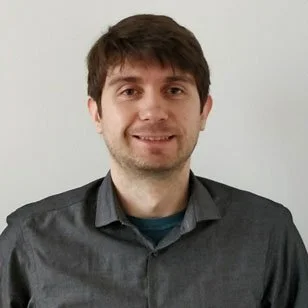
Zoran Tiganj
Assistant Professor (P,N,C)Tiganj’s research pursues the computational basis of cognition through the development of neural-level models of perception, memory, and learning applied to data from behavioral experiments, and electrophysiological recordings. His work emphasizes hippocampal function, episodic memory earning, and navigation. He collaborates with Smith and Candy to understand the temporal (and episodic properties) of infant egocentric experience.
Contributions to the training program: Tiganj contributes expertise in building neural-level models and in the modeling of temporally fine-grained measures of neural activity, behavior, and experience (at sensory and semantic levels). He provides trainees with an example of programmatic research that combines independent and collaborative contributions across levels of analysis.